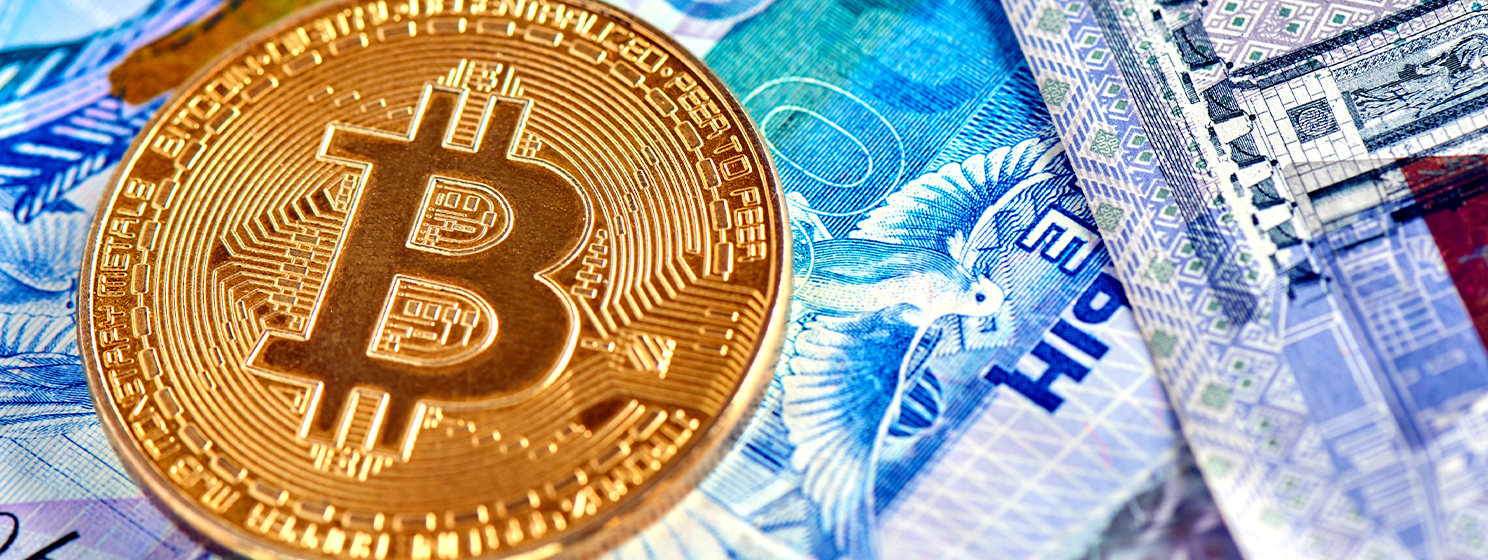|
Getting your Trinity Audio player ready...
|
Kazakhstan President Kassym-Jomart Tokayev has called for the establishment of a national digital asset fund and the integration of digital asset payments in the country’s upcoming smart city.
In his annual address this week, Tokayev reiterated his government’s commitment to embracing emerging technology, from blockchain and digital assets to artificial intelligence (AI) and big data.
The centrist leader, who took over in 2019, has joined United States President Donald Trump and nearly a dozen other nations in pushing for a national ‘crypto’ reserve.
“Given the demands of the modern era, it is necessary to focus on cryptoassets. It is advisable to create a State Fund of Digital Assets on the basis of the National Bank’s Investment Corporation,” he stated.
The new fund will consist of “promising assets in the new digital financial system.”
The Investment Corporation is a state-owned enterprise under the central bank that manages over $60 billion across high-yield assets, including hedge funds, private equity, and infrastructure. While it has never invested in digital assets, the government pledged last month to divest some of its funds in emerging technologies like AI.
The Kazakh leader is the latest to call for a national digital asset fund as the Trump-fueled mania spreads globally. In May, Pakistan announced plans to establish its own reserve, kickstarting it with around 200,000 BTC the government has seized from criminals over the years. Others, like the Czech Republic, are weighing similar moves, with the central bank head proposing investing up to 5% of its $145 billion reserves in digital assets.
It’s not the first time a ‘crypto’ reserve has been proposed in Kazakhstan. Two months ago, the governor of the National Bank of Kazakhstan (NBK), Timur Suleimenov, called for the reserve, stating that the central bank is best positioned to oversee it. Like the president, Suleimenov called for the fund to be initially funded by the seized digital assets.
‘We must expand the digital tenge’
Besides the ‘crypto’ reserve, the president cited the digital tenge as one of the country’s landmark financial innovations.
“It is necessary to more quickly form a full-fledged ecosystem of digital assets. The introduction of the digital tenge is contributing to this work,” he stated.
Kazakhstan has been advancing the development of its central bank digital currency (CBDC) in recent years. In one pilot, the central bank used the digital tenge’s programmability to slash the time businesses must wait for reimbursements by up to 80%.
“At present, when financing projects from the National Fund, we are using the digital tenge. Now, its scope of use needs to be further expanded. The digital tenge can be used in the republican and local budgets, and in the budgets of state holdings,” the president stated.While the CBDC has been advancing, stablecoins are also rapidly gaining favor as an alternative to the digital tenge. Most recently, the country’s largest financial center, AIFC, partnered with a local exchange to allow stablecoin payments for regulatory fees.
However, while the president is rallying the country towards digitalization, he cautioned that it comes with risks.
“In recent years, online fraud has caused great damage to the financial security of the state and citizens. Therefore, an anti-fraud center was created to fight cybercrime. A biometric identification system was also introduced.”
Ministry of AI
Away from digital assets, President Tokayev announced the launch of the Ministry of Artificial Intelligence and Digital Development to drive the country’s adoption of AI and other emerging technologies.
Tokayev noted that Kazakhstan’s development will depend on how efficiently it adopts this new tech, “including artificial intelligence, the platform economy, the use of big data, and other aspects.”
It’s especially critical in public administration, where it could enhance efficiency and transparency, he added.
“Therefore, I believe it is necessary to create a Ministry of Artificial Intelligence and Digital Development based on the existing specialized ministry,” Tokayev stated in his address.
A deputy prime minister will head the new ministry. Currently, AI and digitalization fall under the Ministry of Digital Development, Innovation, and Aerospace Industry.
Tokayev called on legislators to implement the Digital Code, a new legal framework that consolidates all digital fields in a single place to further boost AI adoption. The code covers AI, digital assets, cybersecurity, data governance, and more.
In order for artificial intelligence (AI) to work right within the law and thrive in the face of growing challenges, it needs to integrate an enterprise blockchain system that ensures data input quality and ownership—allowing it to keep data safe while also guaranteeing the immutability of data. Check out CoinGeek’s coverage on this emerging tech to learn more why Enterprise blockchain will be the backbone of AI.
Watch: Richard Baker on engineering a smarter financial world with blockchain

 09-11-2025
09-11-2025 





